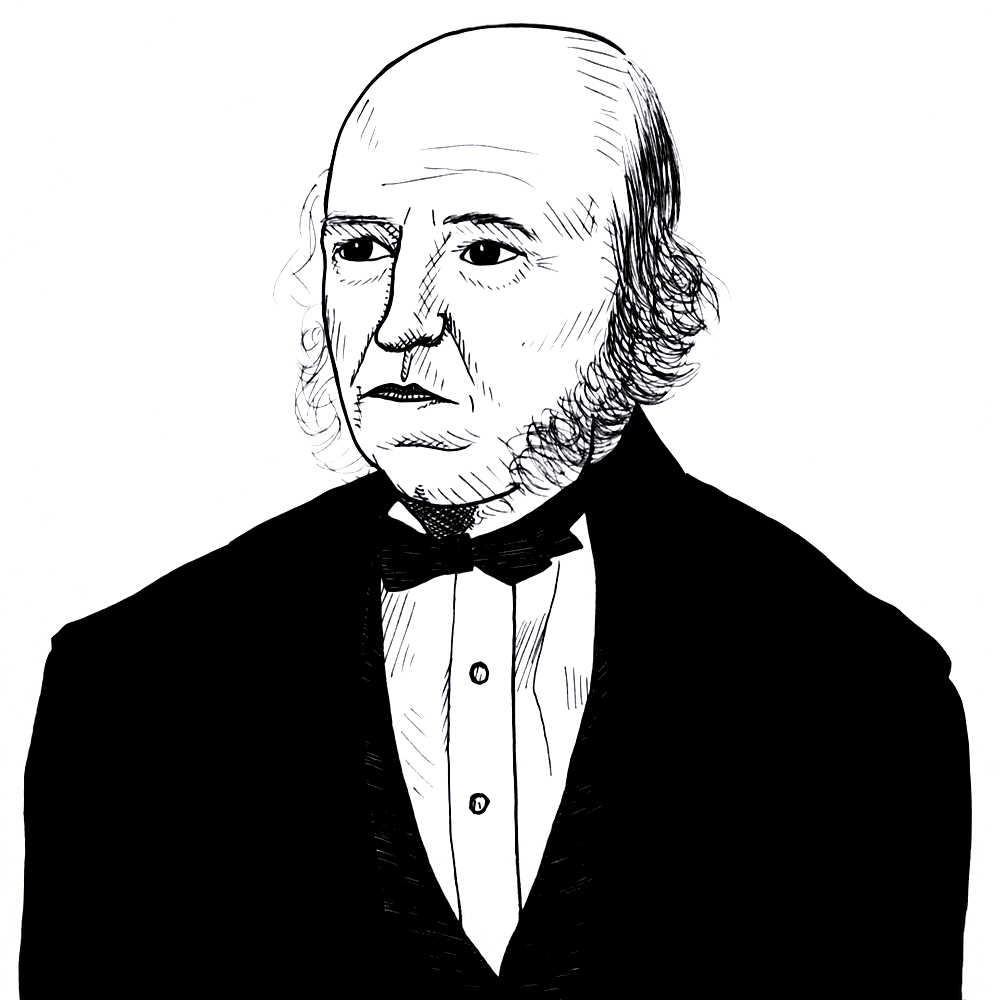
Herbert Spencer on “the seen” and “the unseen” consequences of the actions of politicians (1884)
Found in: The Man versus the State, with Six Essays on Government, Society and Freedom (LF ed.)
The English radical individualist Herbert Spencer (1820-1903) criticizes politicians for focusing only on the “direct” and “proximate” consequences of the legislation they introduce, and ignoring the “indirect” or “remote” consequences.“ He believes the "political momentum” they have created will lead to a new form of slavery:
Politics & Liberty
The incident is recalled to me on contemplating the ideas of the so-called “practical” politician, into whose mind there enters no thought of such a thing as political momentum, still less of a political momentum which, instead of diminishing or remaining constant, increases. The theory on which he daily proceeds is that the change caused by his measure will stop where he intends it to stop. He contemplates intently the things his act will achieve, but thinks little of the remoter issues of the movement his act sets up, and still less its collateral issues. … The question of questions for the politician should ever be— “What type of social structure am I tending to produce?” But this is a question he never entertains.